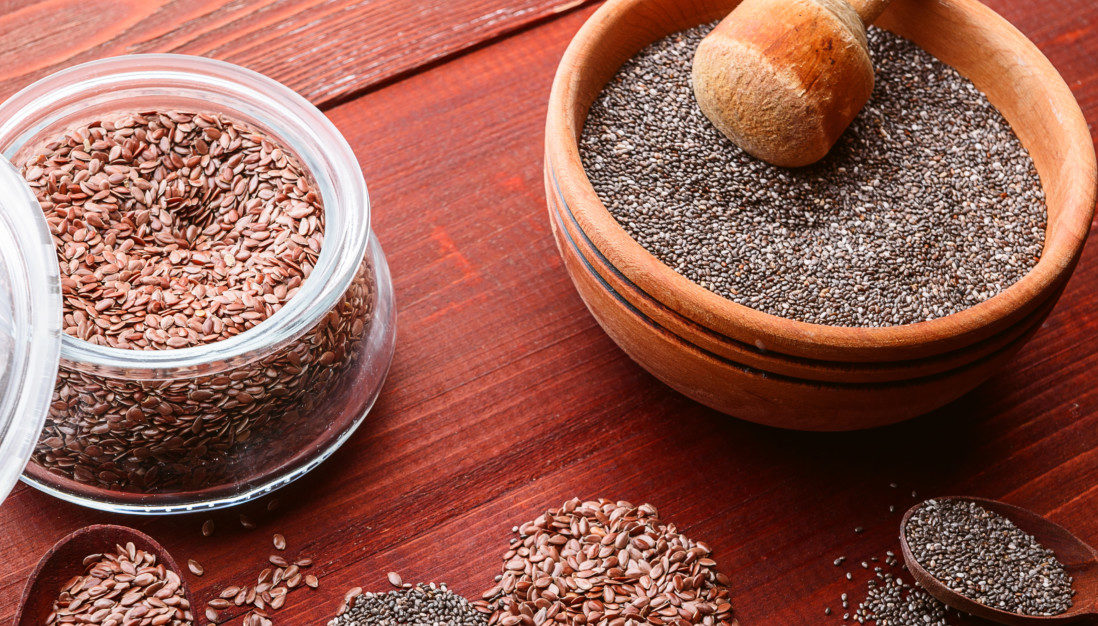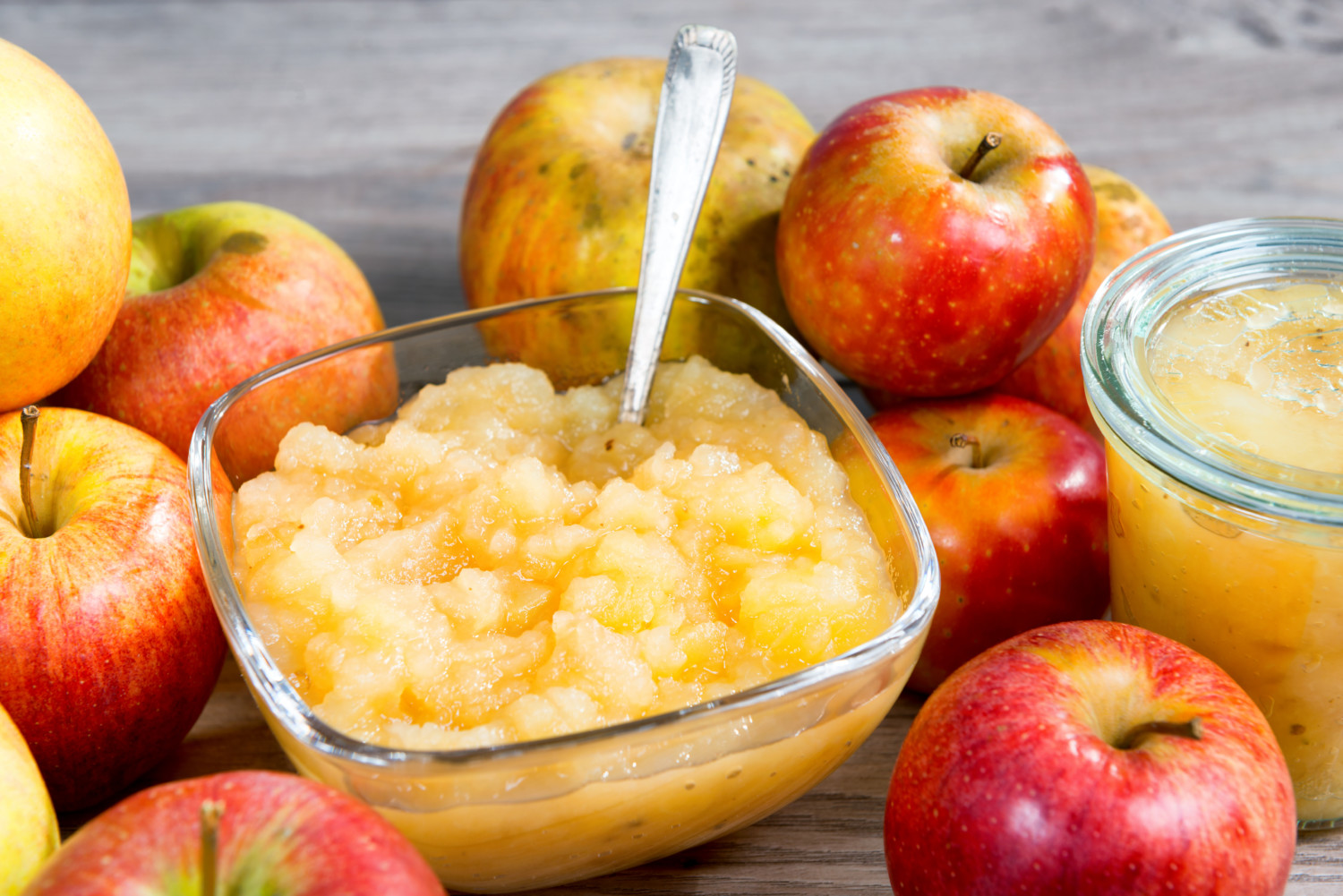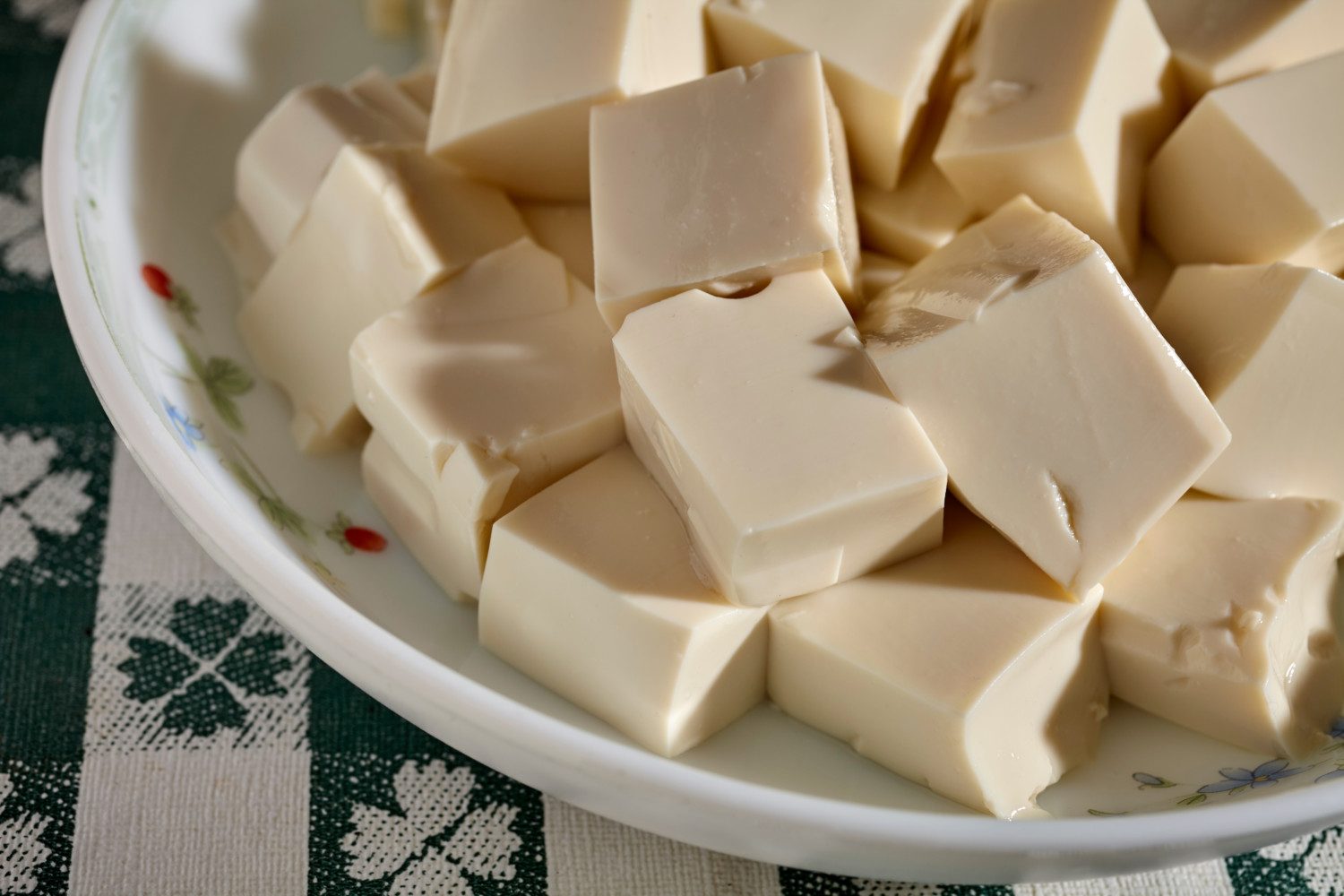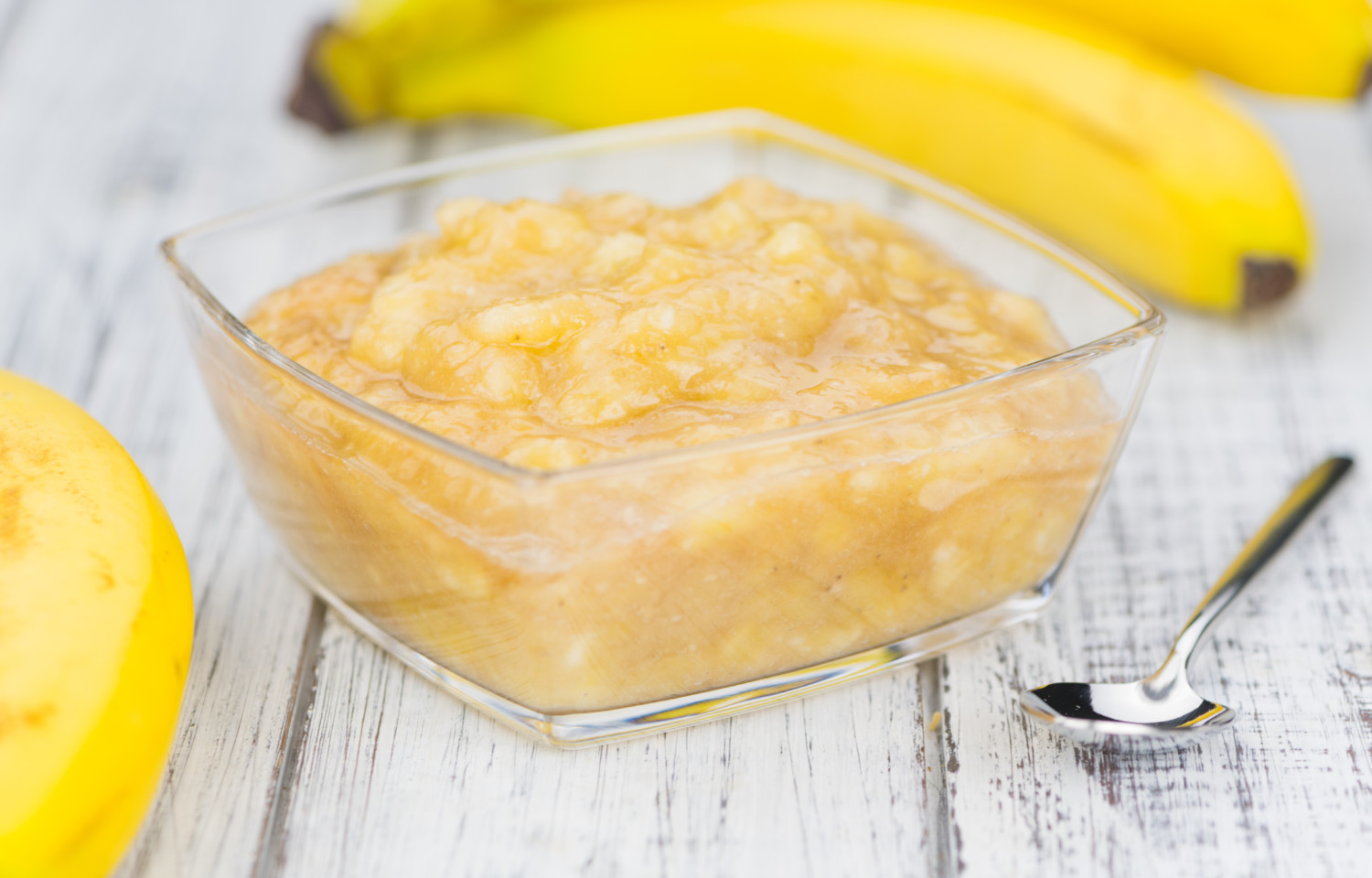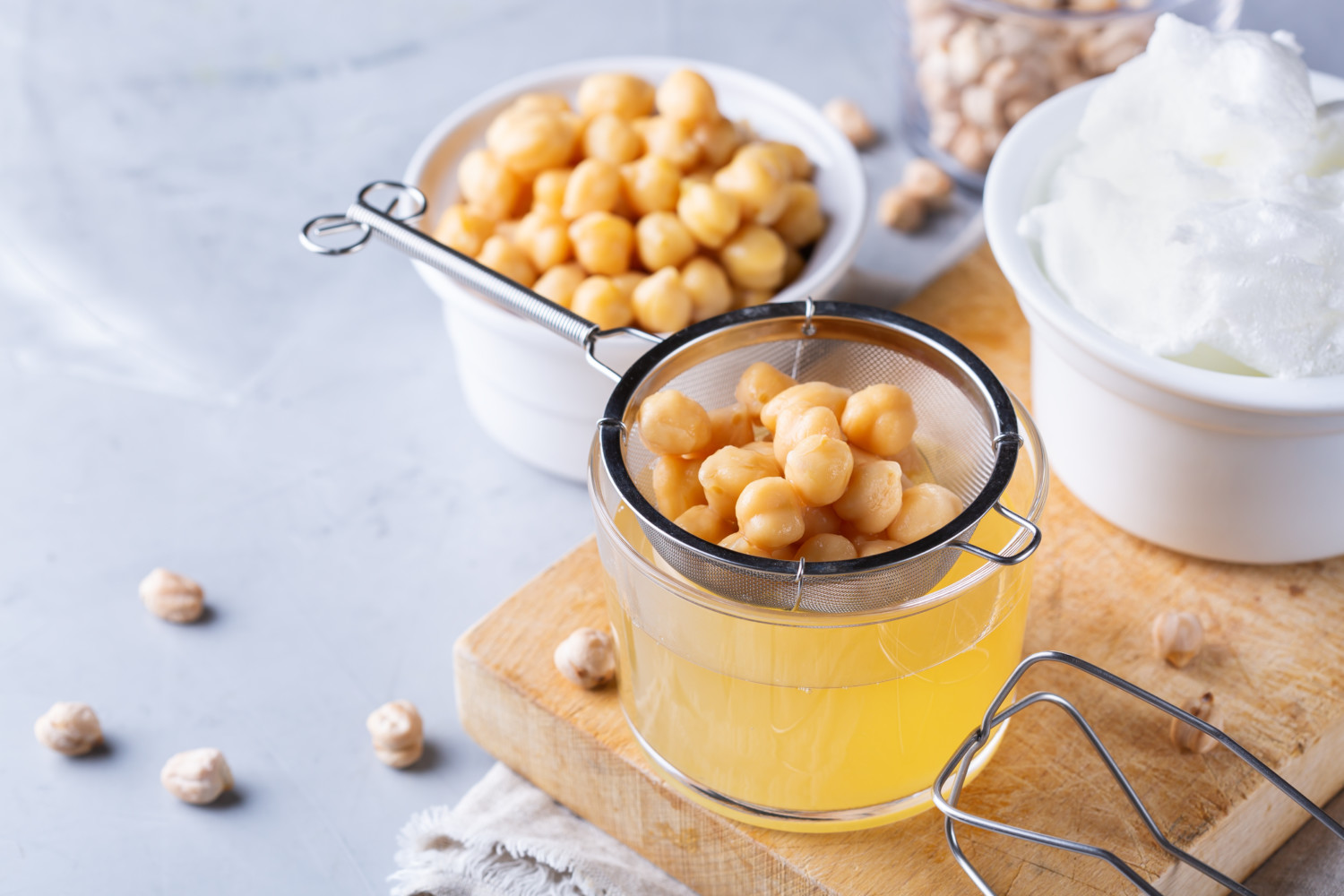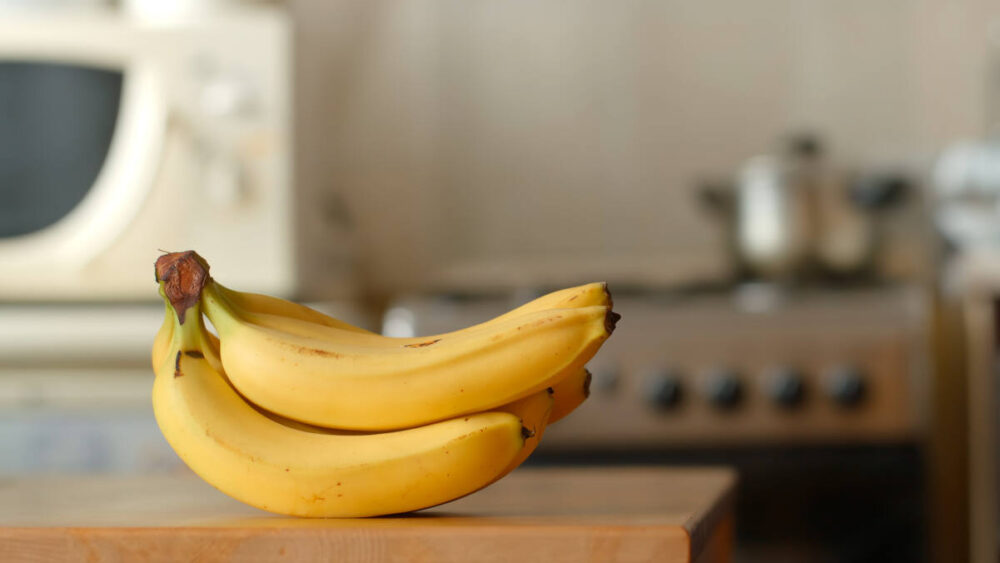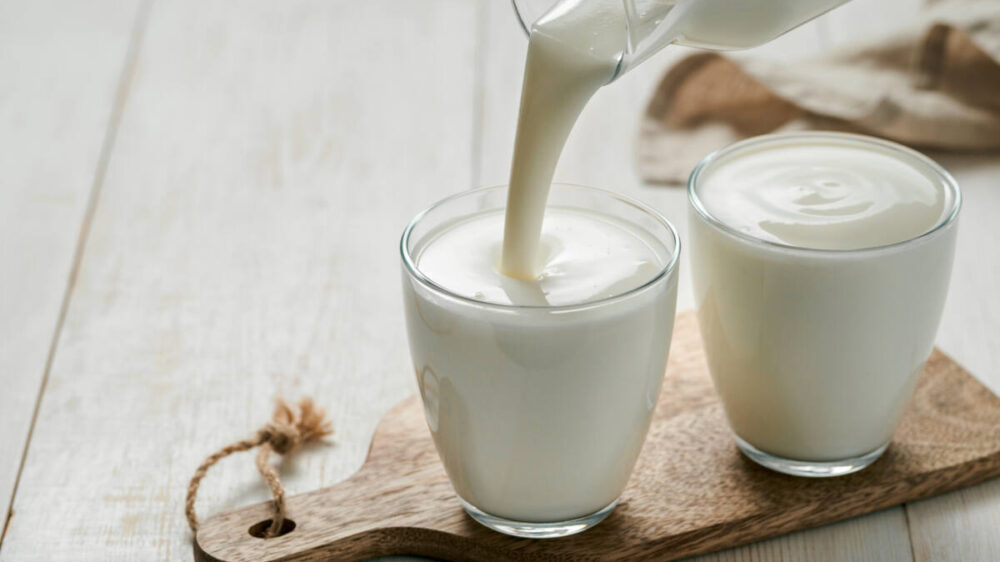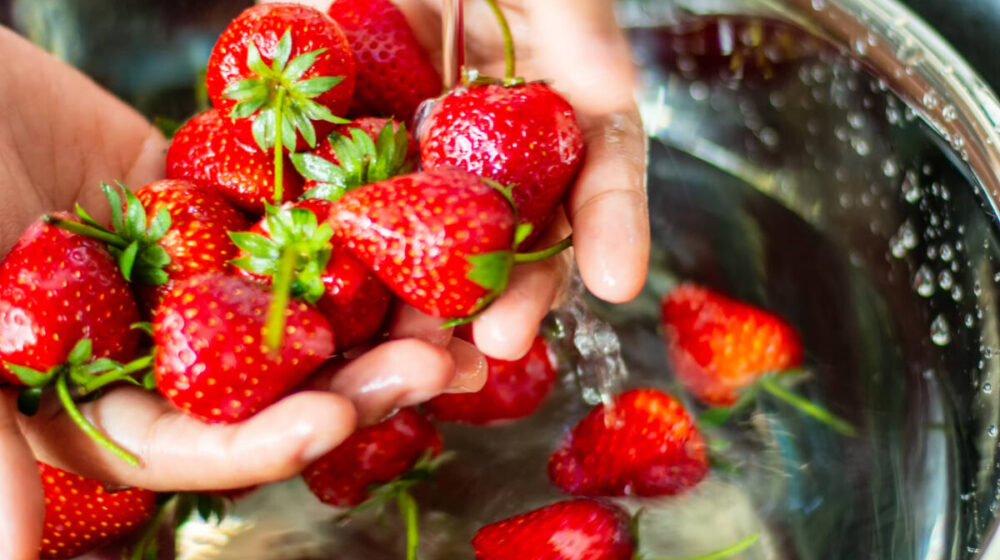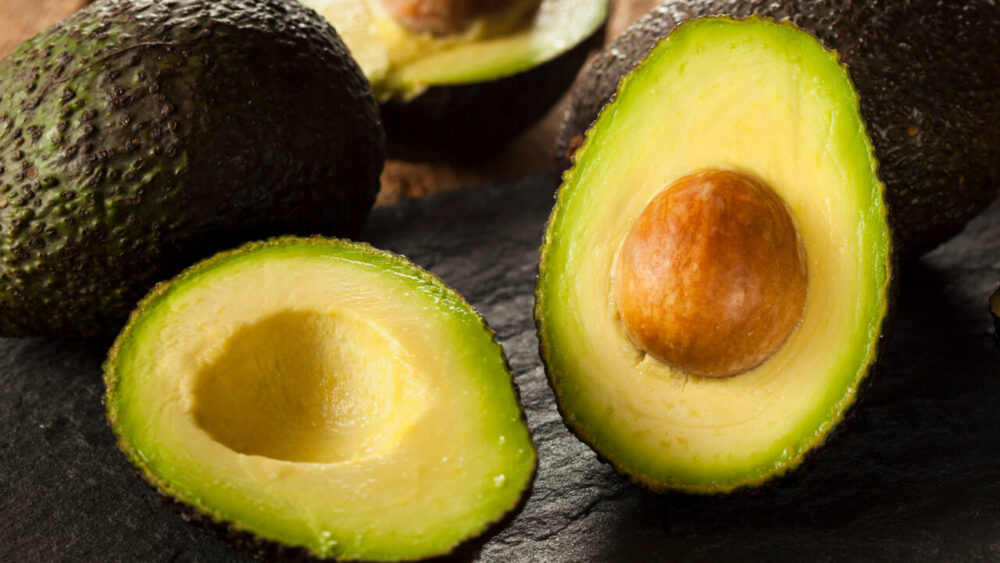Egg substitutes you can use for baking and cooking
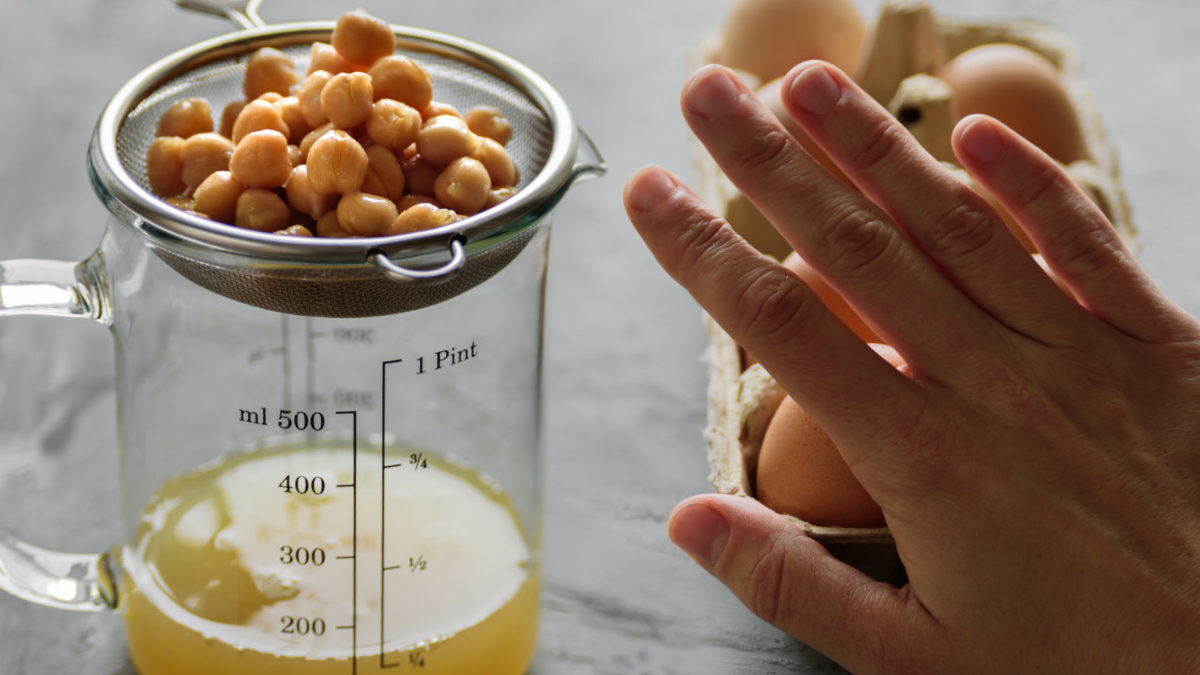
Some home cooks use egg substitutes in baking and cooking due to allergies, being vegan or other dietary restrictions. But recently, a shortage has led to a rise in the cost of eggs in many parts of the U.S. This has created another reason to seek out a great egg substitute for baking or cooking.
A devastating outbreak of avian influenza in the U.S. last year forced egg producers to cull their laying chickens to prevent the spread of the disease. These producers have had to wait for new chickens to reach the right age for the most productive egg-laying, which takes about four or five months. A New York Times article said commercial egg production has decreased in the U.S. by about 7.5 percent each month since the avian flu first hit.
Rising fuel, animal feed and egg packaging costs have also added to the increasing cost of eggs.
Why Eggs Are So Important In Cooking
As Food52 points out, eggs are used in cooking for so many reasons. They help leaven baked goods, thicken custards, emulsify sauces and block crystallization. When the eggs and yolks are separated, cooks can take advantage of the unique properties of the fat (the yolk) and the protein (the white) to achieve different textures and tastes.
The Food Network notes that eggs bring flavor, moistness and structure to baked goods while adding protein. They may also provide the glue that keeps sugar on a pie crust while giving it a nice color.
But if you’re looking to cut down on your egg budget, here are some recommended egg substitutes for baking and cooking that you can try out. Because eggs do so many things, none of these will be perfect — but they can help.
Flax Or Chia
Either chia or flax can act as an egg substitute for baking. Mix one part ground seeds with three parts water, let it set until it starts to gel, then incorporate. Food Network explains flax and chia are better for baked goods that don’t require fluffiness the way a cake does. So try it in muffins, cookies or waffles.
The Kitchn thought chia seeds were the superior option, saying that muffins made with chia were light and tender with an extra crunch. It found that adding flax seed made the muffins denser and grassy-tasting — but also suggested arrowroot as an option.
Applesauce Or Oil
Applesauce is a good egg substitute for baking when you need to replace only one. That’s because too much will change the texture of your baked goods. It’s better as a binder, not when you’re looking to make something light and fluffy. Applesauce also adds a little sweetness but not too much extra flavor to what you’re making. And you can sub it for oil or butter as well if you’re lacking those for a recipe. Substitute 1/4 cup of unsweetened applesauce for every egg.
Similarly, oil can be used when one egg is needed as a substitute, but any more may make your recipe too oily. The Kitchn suggests a mix of two tablespoons of water, two teaspoons of baking powder and one teaspoon of vegetable oil as a replacement for one egg.
Silken Tofu
Unlike very firm tofu, silken tofu is soft and blends easily into recipes as a substitute for eggs in baking. It also works well if you’re making faux scrambled eggs. Eggless Cooking suggests using 1/4 cup of silken tofu for each egg and says this egg substitute for baking cakes, bread, chocolate chip cookies and brownies makes them denser and moister.
Nicolette from Home-Cooked Roots says silken tofu is ideal as an egg substitute because of its high water content and soft, creamy texture, which is good for replicating the fluffiness in different egg dishes.
Mashed Banana
Mashed bananas work well as a binder and for adding moisture to your recipes in lieu of eggs. You’ll get that banana flavor in your recipe if you use this as an egg substitute in baking so make sure you want to be tasting bananas. Since bananas are starchy, your baked goods may be gummier as a result.
Leaftv suggests using half a banana for each egg. Make sure to mash it up with a fork. You can also add some extra baking powder to make up for the lack of leavening.
Chickpea Water
The water you find in a can of chickpeas is also called “aquafaba.” And it can make a great egg substitute in baking, especially when you want to substitute something for whipped egg whites. The chickpea-infused water can be whipped until foamy or to white peaks depending on what you want it to do in your recipe.
Per The Kitchn, use three tablespoons of aquafaba for one whole egg or two tablespoons for one egg white. One can of chickpeas can offer up to 3/4 cup of liquid.
Carbonated Water Or Beer
The carbonation from bubbly water or beer is another good egg substitute for baking. It will act as a leavening agent instead of eggs. One obvious example where beer works well is in beer bread, which is a recipe that never had eggs in it to begin with.
This Wife Cooks says this particular substitution works best with cakes, cupcakes, breads, and other baked goods that are meant to be lighter in texture. Use 1/4 cup of carbonated water for each egg.
Store-Bought Egg Replacer
If you want a store-bought egg substitute for baking and cooking, Epicurious found that Bob’s Red Mill 100% Vegetarian Egg Replacer baked the most evenly-cooked, best-tasting muffin. It is made from soy flour, wheat gluten and dehydrated corn syrup and makes a sauce when combined with water.
Egg replacers can often be found with regular eggs in the refrigerator section. If they don’t need refrigeration, look for them in the baking aisle or natural foods section at your grocery store.
Have you tried any of these egg substitutes before?


